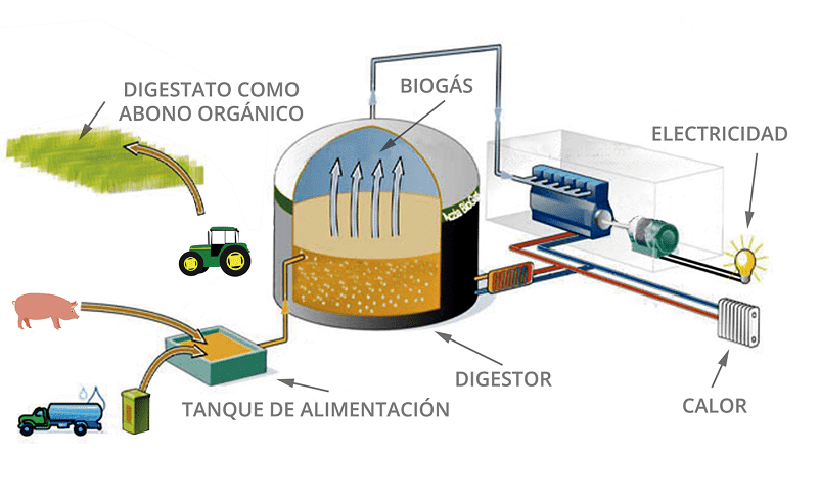Biogas and biomass offer several significant benefits to farmers when integrated into their agricultural operations. According to a report by Energypedia, here are some of the key advantages:
1. Energy independence: Biogas and biomass systems allow farmers to produce their own energy on-site, reducing their reliance on external energy sources and mitigating the impact of fluctuating energy prices.
2. Cost savings: By generating energy from waste materials like crop residues, animal manure, and organic matter, farmers can significantly lower their energy expenses, potentially increasing overall profitability.
3. Waste management: Biogas and biomass systems help manage agricultural waste efficiently. They can convert organic waste into valuable energy while reducing the environmental impact of waste disposal.
4. Fertilizer production: Biogas and biomass processes produce nutrient-rich residues that can be used as organic fertilizers, enhancing soil fertility and reducing the need for chemical fertilizers.
5. Carbon sequestration: The use of biomass and biogas can be carbon-neutral or even carbon-negative. These systems capture and utilise carbon that would otherwise be released into the atmosphere by contributing to greenhouse gas reduction.
6. Improved soil health: The nutrient-rich byproducts of biogas and biomass production can improve soil structure and microbial activity, promoting healthier and more productive soils.
7. Reduced odour and pollution: Biogas systems can reduce odour emissions associated with manure management, creating a more pleasant working environment for farmers and mitigating potential conflicts with neighbours.
8. Energy for farm operations: Biogas and biomass can power farm operations, including heating, cooling, and electricity generation. This energy can be used for lighting, heating water, running machinery, and more.
9. Diversified income: Some regions offer incentives or subsidies for renewable energy production, providing an additional income stream for farmers, who sell excess energy back to the grid.
10. Environmental stewardship: The use of biogas and biomass demonstrates a commitment to sustainable and environmentally-friendly farming practices, which can enhance a farm’s public image and appeal to environmentally-conscious consumers.
11. Resilience: On-farm energy generation through biogas and biomass can provide energy security, ensuring essential operations continue even during power outages or disruptions in the electrical grid.
12. Compliance and regulation: In some areas, there are regulations and incentives for promoting the use of renewable energy and waste management practices. Farmers, who adopt biogas and biomass systems, can benefit from compliance with these regulations and access to related incentives. In summary, biogas and biomass offer farmers a range of economic, environmental, and operational advantages, making them valuable tools for sustainable and efficient agricultural practices.

